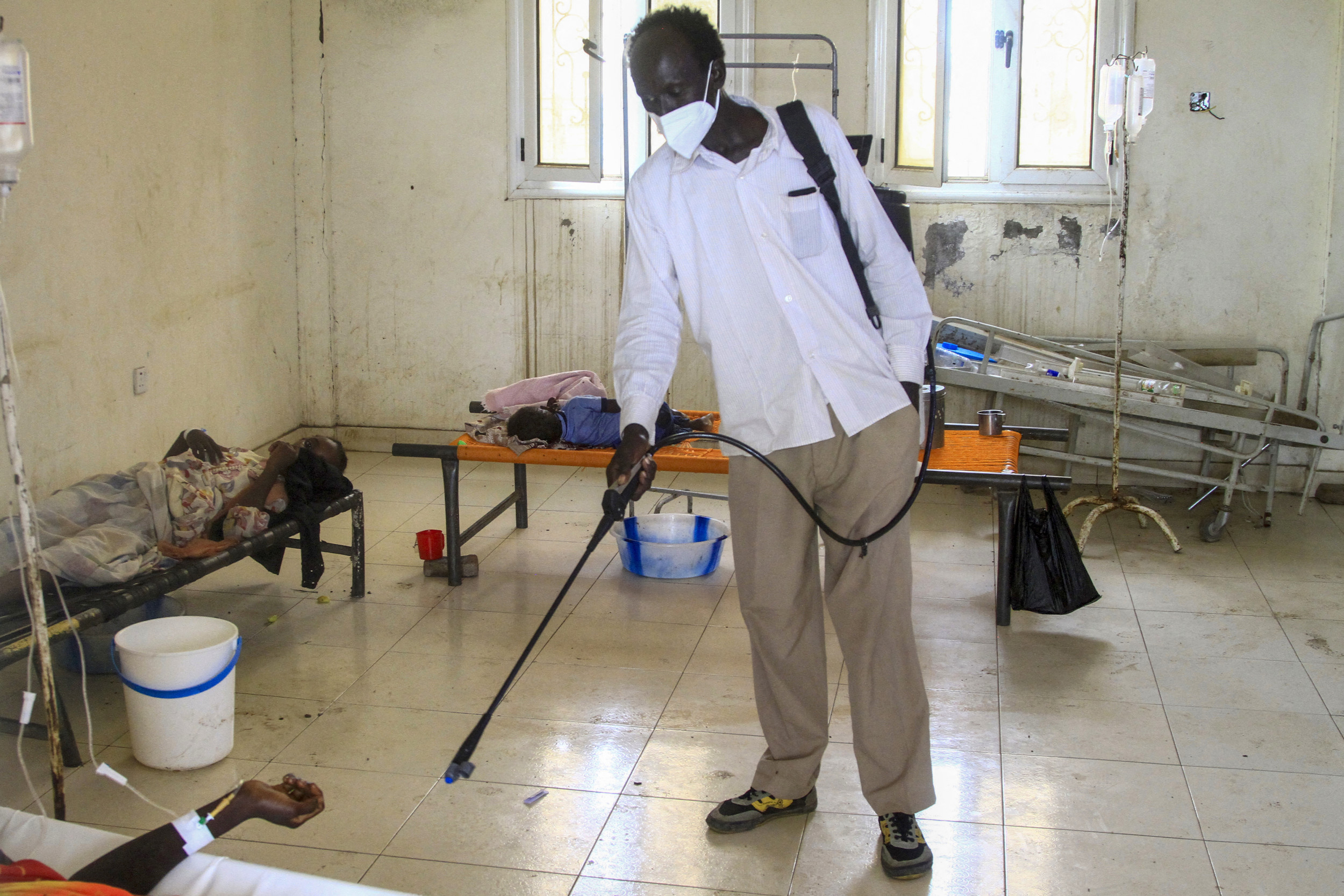Haitham Mohamed Ibrahim, Sudan’s health minister, announced on Sunday that a cholera outbreak has taken the lives of around 20 people and affected hundreds more recently.
According to Ibrahim, at least 354 cholera cases have been confirmed across the nation. The World Health Organization (WHO) reported that as of July 28, 78 cholera-related deaths were recorded this year, with approximately 2,400 additional people falling ill.
In a video message released on Saturday, Ibrahim declared a cholera epidemic in Sudan. He attributed the outbreak to “the weather conditions and the contamination of drinking water,” as noted by Agence France-Presse (AFP).

Photo by AFP via Getty Images
The WHO describes cholera as a highly infectious disease that spreads through contaminated food or water. It can lead to severe dehydration and, in extreme cases, death within hours if untreated.
Sudan is currently grappling with severe flooding that has displaced around 118,000 people, according to the U.N. migration agency. This comes amid warnings from U.S. officials about an impending mass famine exacerbated by ongoing conflict and blocked humanitarian aid, potentially leading to one of the deadliest famines in over a decade.
The Integrated Food Security Phase Classification’s Famine Review Committee (FRC) has confirmed that famine conditions exist in the Zamzam camp in North Darfur, marking the third time this classification has been used.
Additionally, Sudan’s civil war—now in its 16th month—between the Sudanese Armed Forces (SAF) and the Rapid Support Forces (RSF) continues to have devastating humanitarian consequences. The U.N. estimates that nearly 10.7 million people have been internally displaced, with over 14,000 confirmed dead.
International rights organizations report instances of mass rape and ethnically motivated killings during this conflict, which may be classified as war crimes. The FRC noted that the main factors driving famine in Zamzam camp are ongoing conflict and restricted humanitarian access.
U.S. Agency for International Development (USAID) administrator Samantha Power stated, “This is entirely a man-made famine,” highlighting that both the SAF and RSF are using starvation as a weapon of war, obstructing life-saving aid from reaching those in desperate need.
